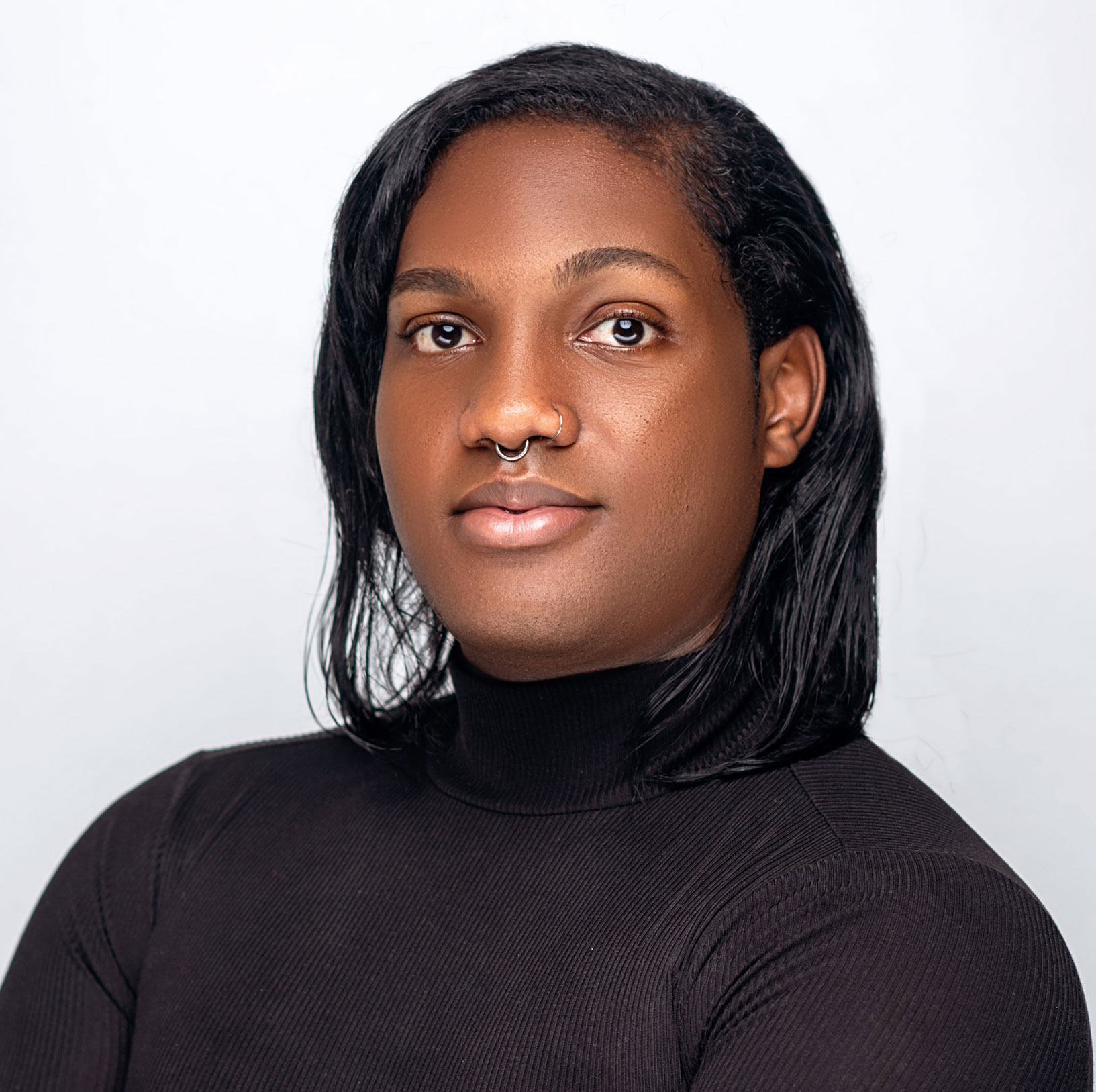
How do leaders lead with inclusivity in mind? Creating an organizational culture that makes room for inclusivity is something that leaders can say they strive for but implementing this operationally is not always immediately clear.
I previously defined inclusion as the way we create processes and structures to accommodate diversity within a situated space. However, the work of diversity, equity, inclusion and belonging (DEIB) is evolving rapidly and significantly. This means leaders need to continually revise how they intellectualize ideas around these concepts, in theory and in practice.
This is why leaders must have minds open to learning. This is a critical aspect of effective leadership because leaders must adapt to the dynamic needs of their organizations as those needs continue to evolve, just as they must stay attuned to the evolving best practices around DEIB.
Inclusivity is a construct that can be learned and operationally implemented within organizations. The more diverse and complex a team is, the more its leader needs to be aware and conscious of inclusivity practices within the organization, especially as it affects the identities and backgrounds of their followers.
Leaders should position themselves as always being open to learning about new experiences and using those experiences to inform how they create structures to accommodate diverse ways of being. Such openness helps give followers a sense of belonging.
In addition to this sense of belonging, this leader-follower dynamic also constructs the importance of leadership model behaviors. Followers not only feel a subjective sense of an authentic leadership relationship and trust within their professional environments but are further inspired to adopt such practices.
The literature that explores the significant influence of leadership on their teams is extensive. Especially now, it is crucial that leaders ensure they are not only creating and implementing policies that are inclusive but are teaching their teams how to also practice that inclusivity. Modeling is indeed one of the most powerful and impactful practices that a leader can embody to profoundly impact their teams. With a strong foundation of inclusivity both theoretically and operationally, leaders create teams that are well-equipped to manage the complexity of diversity.
Inclusivity can be learned. Leaders must commit to being lifelong learners to cultivate teams who are lifelong learners. Leaders who adopt this philosophy prepare the next generation of leaders with an inclusivity-first mindset. This is how we learn how to truly be advocates and allies of DEIB.
Become the leader you aspire to be with a leadership program at American College of Education.

